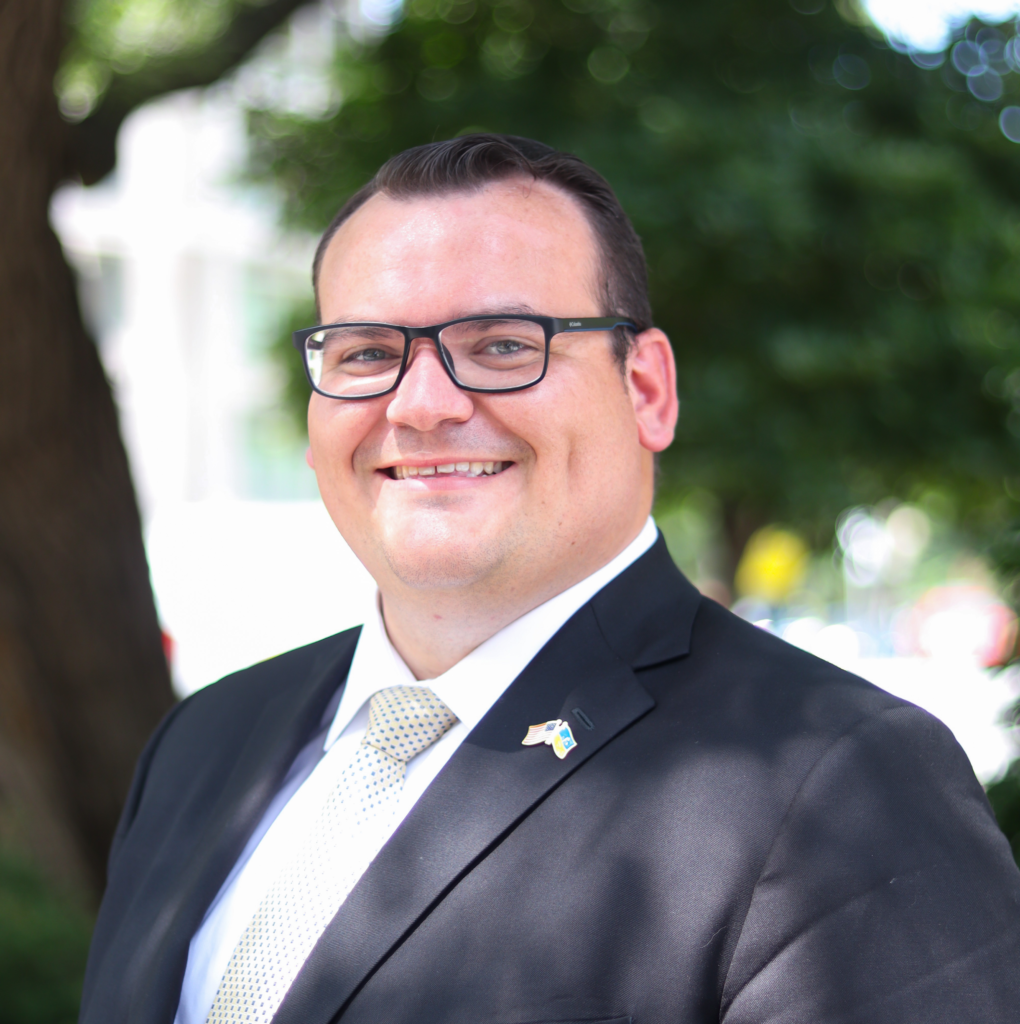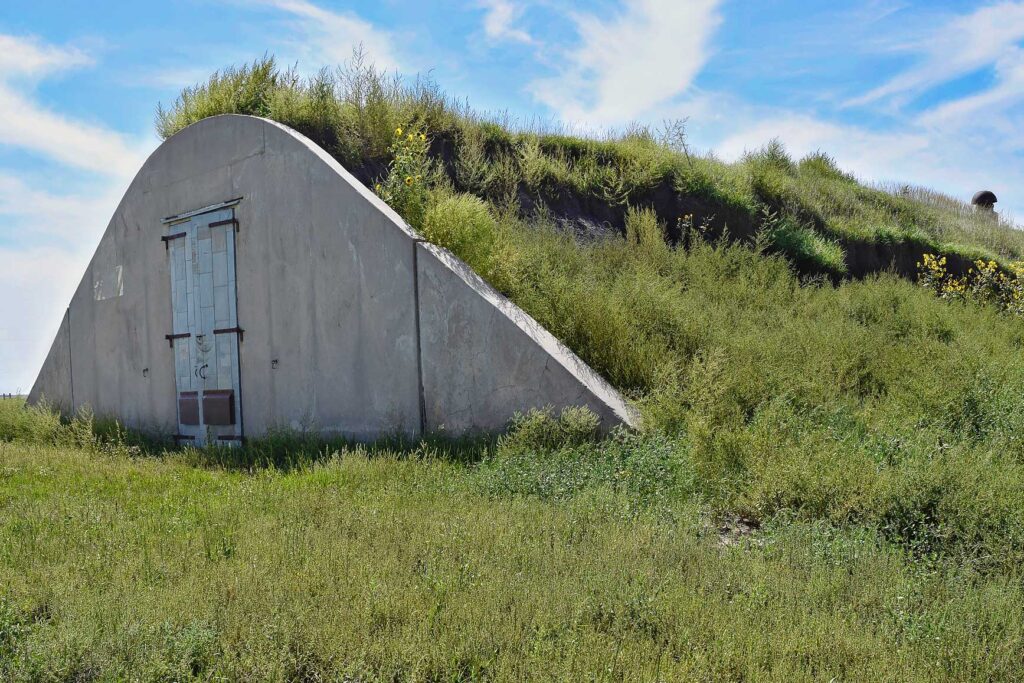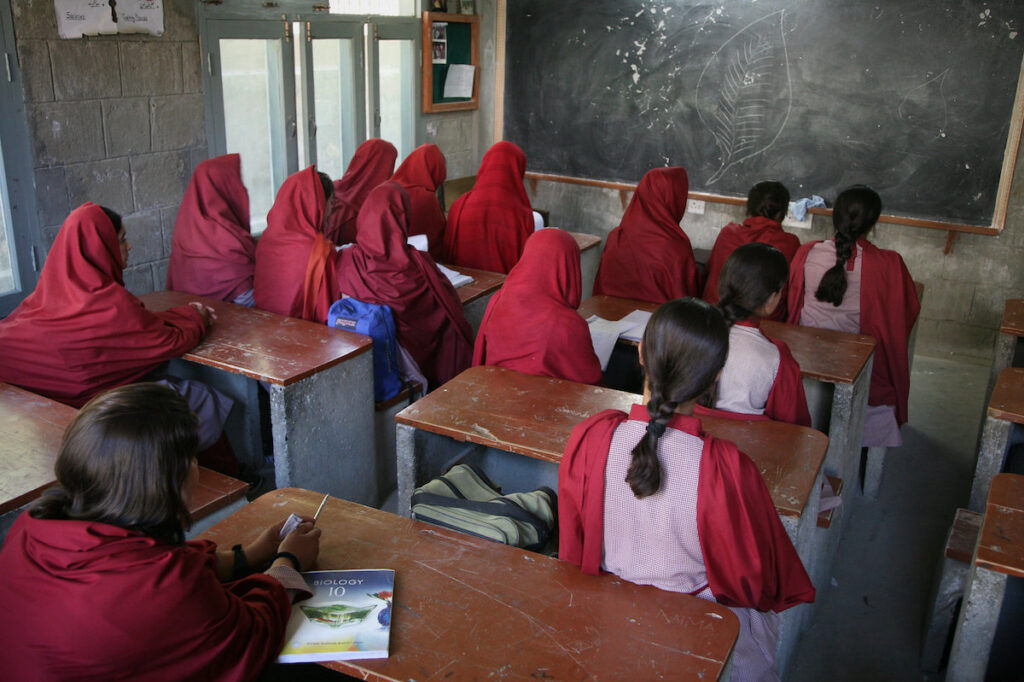A New Future: One Afghan Family’s Journey to the Cornhusker State
This post is part of a series on the Heartland Hub highlighting how Americans across the Heartland have gone above and beyond to help Afghans in need. The series is ongoing as we mark 6 months since the American withdrawal.
On a chilly January evening at Omaha’s Eppley Airfield, an American Airlines flight landed at approximately 11:15 p.m. This was not an unusual occurrence for Eppley, but on board this flight was an Afghan family who only months earlier had lived through the fall of their country. The landing at Eppley was the end of a harrowing journey and coordinated rescue effort by a team of Nebraskans composed of three professors from the University of Nebraska- Lincoln (UNL), a professor from Concordia University, Nebraska, and a cattle rancher.
Farooq, his wife, and two children were in Kabul when the United States and allied forces withdrew from Afghanistan and the Taliban took control. Back in 2013, Farooq, on a Fulbright scholarship, earned his master’s degree in political science at UNL. “Farooq wanted to return home and use his degree to reinforce and promote a commitment to the values of democracy and peace in Afghanistan,” said Tobin Beck, one of Farooq’s classmates and an Assistant Professor of Journalism and Political Science at Concordia University, Nebraska. Farooq’s commitment to these values can be seen through his work as a translator on behalf of the United States, as a researcher and security analyst, as a contender for a seat in the Afghan Parliament, and as a high-level official in the Afghan Government security sector up until Kabul fell.
Evacuation
Following the collapse of the Afghan Government, Dr. Alice Kang, an Associate Professor of Political Science and Ethnic Studies at UNL, and one of Farooq’s professors, texted him asking if he and his family were ok. The answer: “no.” Shortly after Kabul fell, several Taliban members showed up at Farooq’s family home and asked to speak with him. The family was already in hiding, taking refuge in a series of undisclosed safehouses. Once it was determined Farooq and his family were in danger, Dr. Kang worked with another one of Farooq’s professors, Dr. Ari Kohen, Professor of Political Science at UNL, and Professor Beck to pool resources and formulate a plan to help Farooq’s family to safety. Another of Farooq’s former UNL professors, Dr. Patrice McMahon, also reached out to him to provide support and to contact officials who could help the family. At this point, Dr. Kohen was put in touch with Scott Kleeb, an engaged Nebraska cattle rancher who had contacts in the Administration and within diplomatic circles abroad.
“It was chaotic,” Dr. Kohen described. “Our first plan was to get them on an evac flight out of Kabul with a Special Immigrant Visa (SIV), but after the bombing happened, the plan changed.” Farooq’s family went back into hiding and eventually made their way to Pakistan on their own. “There were two really dark days in this journey, both happened in Pakistan. The first was in mid-September when Omar, one of Farooq’s children, was in immediate need of medical assistance while in hiding due to a preexisting condition,” said Kleeb. The child’s condition grew worse in late November. In addition to having helped Farooq apply for an SIV, the group submitted paperwork for Humanitarian Parole on behalf of the family so that Omar could receive medical help in the United States.
“Once Humanitarian Parole was issued, things moved fast, very fast,” said Kleeb. Farooq’s family had until January 7 to get out of country, and the U.S. Embassy in Islamabad was with them every step of the way. “The second [dark day] was just as the family was about to leave Pakistan,” said Kleeb. As Farooq’s family were about to board the flight out of Pakistan, they were detained and questioned by Pakistani authorities about their entry into Pakistan, causing them to miss their flight. “Help came from a place we never expected it to come from,” said Farooq. “The folks at the U.S. Embassy in Islamabad used all the resources available to them to get my family out of Pakistan, even late into the night.” Between Embassy staff and the dedicated team on the ground in Nebraska, the family was released and put on another flight.
A Team Effort
Farooq and his family were fortunate. While tens of thousands of Afghans have been successfully evacuated and resettled, hundreds of thousands remain in danger and may be eligible for resettlement.
For Farooq’s family, U.S. Diplomats in Islamabad, Congressman Don Bacon (R-NE-02) and his team, Senator Tammy Duckworth (D-IL) and her team, and the non-profit organizations No One Left Behind, Help for Nebraska, and Lutheran Family Services all helped make their journey a success.
When Farooq and his family landed in Omaha, they had a home single-handedly furnished by the Omaha-based non-profit The Furniture Project and hundreds of Nebraskans eager to donate food, clothing, labor, and cash to the family. Omar was even able to get a medical appointment at the Omaha Children’s Hospital the next day. While the family still has a long road ahead of them, they know friends in Nebraska will be there to support them.
The journey wasn’t easy but through the generosity of strangers half a world away, the family is now here in the United States. “It was truly a team effort, including those American diplomats who were willing to go above and beyond the call of their official duties and work to ensure the family received safe passage to America,” Kleeb said. “The second we confirmed the doors were shut on the aircraft and the family was on board and flying out of Pakistan, I informed our Embassy contact in Islamabad to which I received the reply, ‘Wishing them all the best in their new future.’”
The Humanitarian Need & Investments Abroad
The story of Farooq’s family is but one story of Afghan resettlement following America’s withdrawal from Afghanistan. More optimistically, it demonstrates that local communities have a direct hand to play in responding to humanitarian crises across the globe. Nebraskans came together to help a family in need and American diplomats’ tireless work ensured humanitarian pleas were met with a strong response.
Investments in our embassies around the world, especially in fragile states, ensure that when friends of our country are in need, diplomats can bring their skill, tenacity, and experience to deliver results – often times behind the scenes. When conflict and chaos besiege our world, a fully-funded diplomatic corps remains critical for America to protect our interests and demonstrate our values abroad. These strategic investments are key to American engagement on the global stage and creating a better, safer world.




